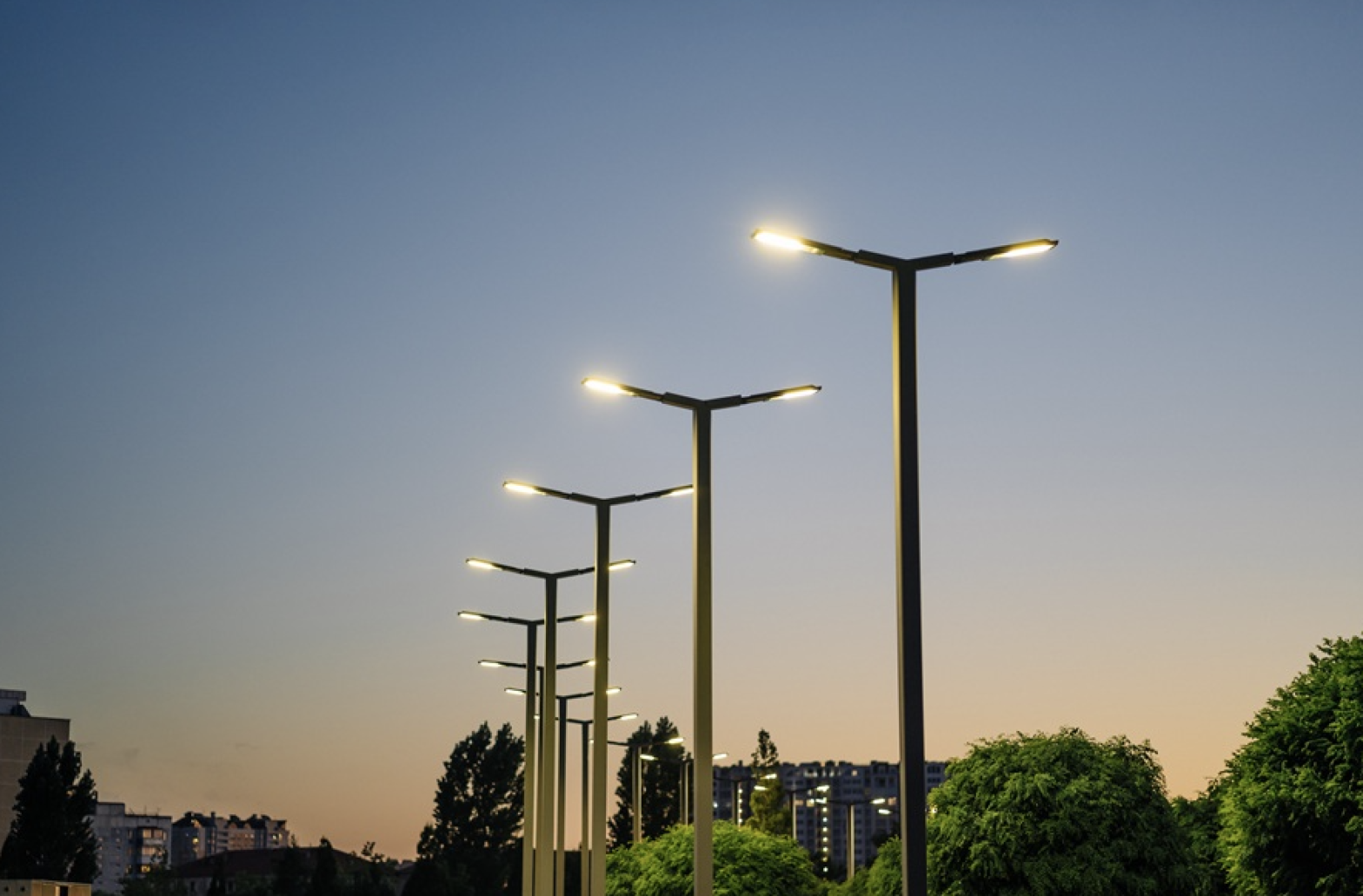
Urban readiness: how cities are balancing climate and essential services
21 October 2025
Cities have undergone significant changes over the past decade, with population growth having a substantial impact on city environments, economies and social cohesion. Now home to more than half of the world’s population, cities have expanded outwards, upwards and, in some cases, been built anew. This trajectory shows no signs of slowing. According to UN-Habitat, 70 percent of the world’s population is expected to live in urban areas by 2050.
Understanding the challenges and opportunities presented by rapid urbanisation has formed the foundation of the ‘2025 Urban Readiness Report’ by Expo City Dubai, produced in partnership with YouGov ahead of the 2025 Asia Pacific Cities Summit (2025APCS) & Mayors’ Forum.
Aligned with Expo City Dubai’s Urban Framework, the report reveals an apparent tension between climate resilience and the delivery of essential services. Compounding the challenge are governance gaps and funding shortfalls that are stalling vital urban transformation. It also reveals the critical distinction between cities that are ‘smart’ in theory and those that are genuinely smart in practice.
Environmental resilience and urban regeneration
The increasing impact of climate change is one of the biggest challenges cited by city leaders, with interventions required to cope with environmental shocks (eg wildfires, flooding and rising urban heat). Alongside climate change, there is an equal focus is on the provision of basic needs and essential services that must be addressed to maintain the health, wellbeing and happiness of residents.
This includes addressing the strain on healthcare, access to affordable housing, inadequate infrastructure and traffic congestion–all the result of rapid urbanisation. This focus on essential services comes as a priority over digital transformation or decarbonisation of the built environment, suggesting a reframing of resilience around immediate priorities that impact a citizen’s basic needs and quality of life.
While lower-ranking issues such as inequitable access to essential services, siloed governance and poor inter-agency coordination appear less pressing individually than climate, congestion, or healthcare, together they do reveal a pattern of structural weaknesses that threatens cities’ ability to deliver on their most ambitious initiatives.
Compounding the challenge is funding. 75 percent of city leaders face a lack of funding that hinders progress towards long-term resilience. As a result, many remain focused on delivering the basic services and utilities that residents rely on. To cope with the scale of the challenge, city leaders say public-private partnerships will accelerate infrastructure development and service delivery, particularly in healthcare.
Digital disparity
When benchmarking current levels of digital transformation, the report reveals a digital disparity. While a handful of cities have reached the ‘cognitive’ stage, with predictive systems and AI-led services, the majority are not accelerating fast enough towards connected systems and using real-time data.
In the high-income economies of Germany, the UK and the US, only one per cent of city leaders believe their digital transformation has progressed to this ‘cognitive’ stage. Those economies cited fragmented coordination across departments and limited funding as the top two barriers prohibiting innovation and digital transformation.
Conversely, 47 percent of cities in India are using predictive systems (such as advanced data analytics) and digital twinning to simulate how new buildings, roads or transit systems will impact congestion, pollution or energy use.
Across many emerging markets, including the UAE, KSA, Malaysia and the Philippines, one in two leaders describe their cities as progressing from ‘smart’ to ‘connected’, using integrated systems with IoT and real-time data with citizen participation platforms.
Human centricity and quality of life
City leaders are increasingly aware that human-centric processes for planning and governing cities are inextricably linked to quality of life for residents. And while technology and infrastructure remain critical components of urban development, resilience and competitiveness now also depend on cities becoming places where people feel a shared sense of belonging.
The survey shows a clear tilt towards this perspective, with 71 percent of city leaders enhancing civic engagement and community-driven development by embedding people-first policies across safety, wellbeing and inclusion
City leaders also identify economic inequality as the most significant barrier to building a more socially cohesive society. Reflecting this concern, one in three leaders recognise that young people in their cities want action on expanding economic opportunities and entrepreneurship, highlighting the link between cohesion and future-ready urban environments.
Alongside this, the signalling of mental health and digital inclusion highlights an appetite for policy that fosters happiness, social equity and wellbeing.
Conclusion
In 2025, cities are increasingly shaped by the complex choices they face–balancing climate resilience with the provision of basic needs. This requires careful calibration when distributing limited resources across essential services, and planning for future energy requirements while coping with the realities of climate change.
At the same time, growing populations bring immediate pressures: heightened congestion, stretched infrastructure and added strain on social cohesion and the well-being of residents.
The questions emanating from the report will now inform the agenda at the 2025 Asia Pacific Cities Summit (2025APCS) & Mayors’ Forum on 27-29 October.
With over 300 cities represented and 150 mayors in attendance, 2025APCS will tackle topics ranging from affordable housing approaches and urban heat solutions to data-intelligent and nature-based cities, with policymakers, investors, business leaders, young professionals, academics, and startups joining to capture a diverse range of insights.
The summit will also be a platform for cities to launch major projects, with the 2023 summit presenting opportunities worth more than US$1.5 billion (AED 5.6 billion).
To register for 2025APCS go to: 2025 Asia Pacific Cities Summit and Mayors’ Forum and register with the code CitiesToday50 for 50 percent off.












